As we age, maintaining energy, strength, and overall well-being becomes less about quick fixes and more about consistent, smart habits. One of the most powerful yet underrated tools? Weekly meal prep. It’s not just for fitness enthusiasts or busy parents—it’s a foundational practice for aging gracefully, supporting longevity, and preserving vitality with minimal daily effort.
As metabolism slows and nutrient needs shift, the quality and consistency of our meals become more important than ever. Weekly meal prep helps eliminate decision fatigue, reduces reliance on processed foods, and ensures you’re getting the right balance of protein, fiber, healthy fats, and antioxidants—nutrients that support cellular repair, joint health, brain function, and immune resilience.
Studies show that individuals who plan and prepare meals in advance are more likely to meet dietary guidelines, maintain a healthy weight, and experience better blood sugar control—key factors in preventing age-related chronic conditions like type 2 diabetes, heart disease, and cognitive decline.
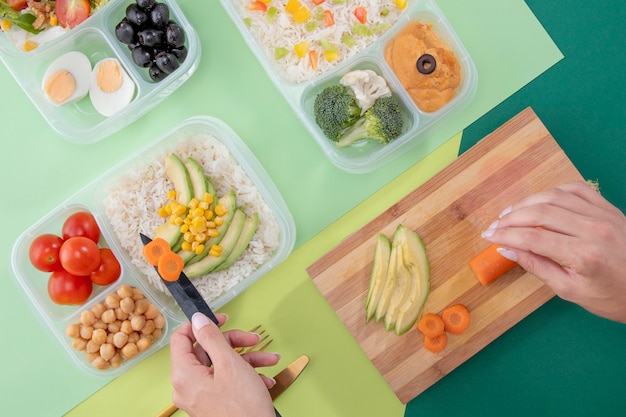
Forget complicated recipes and gourmet ingredients. This blueprint focuses on simplicity, sustainability, and science-backed nutrition tailored for long-term health.
Start with a clear plan. Dedicate 20–30 minutes each Sunday to map out your meals for the week. Focus on:
Use 1–2 hours to cook core components in bulk:
Store components in clear, portioned containers. Mix and match during the week to avoid boredom.
Instead of cooking from scratch each night, assemble meals like:
This approach saves time, reduces stress, and keeps nutrition consistent.
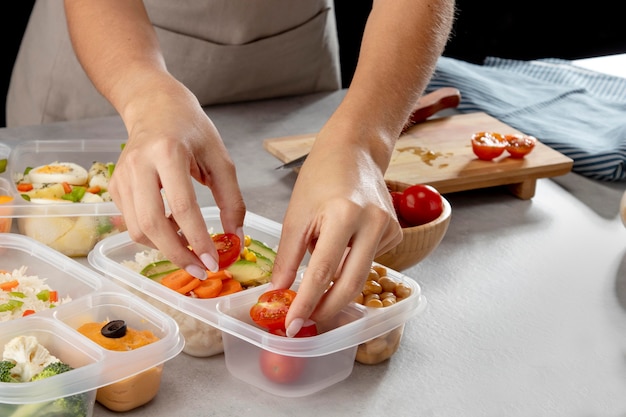
Meal prep isn’t a diet—it’s a behavioral strategy. By removing daily food decisions, you reduce the chance of impulsive, less nutritious choices. This consistency supports stable energy, better sleep, and improved mood—all critical for graceful aging.
Additionally, preparing your own meals gives you control over sodium, sugar, and portion sizes—three factors directly linked to inflammation, hypertension, and metabolic health.
Flexibility is key to sustainability. Here’s how to tailor the system:
Aging gracefully isn’t about perfection—it’s about making sustainable choices that add up over time. Weekly meal prep is one of the most effective, low-effort habits you can adopt to support long-term health. It’s not about eating bland food or spending hours in the kitchen. It’s about clarity, control, and consistency.
Start small. Prep one meal type. Build from there. In a few weeks, you’ll notice more energy, better digestion, and fewer mid-afternoon crashes. And over the years? You’ll be investing in a future where you feel strong, sharp, and fully alive.

Wellness

Wellness

Wellness

Wellness
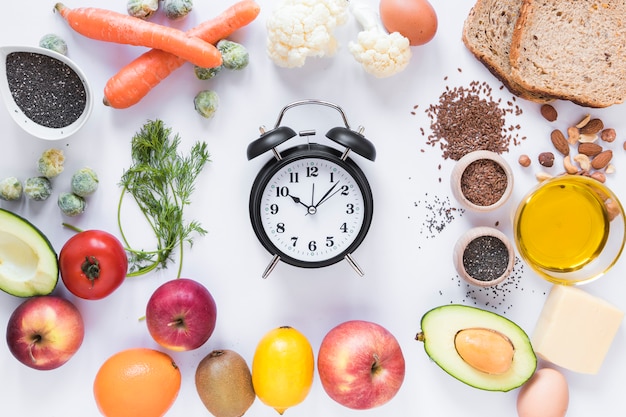
Health

Wellness
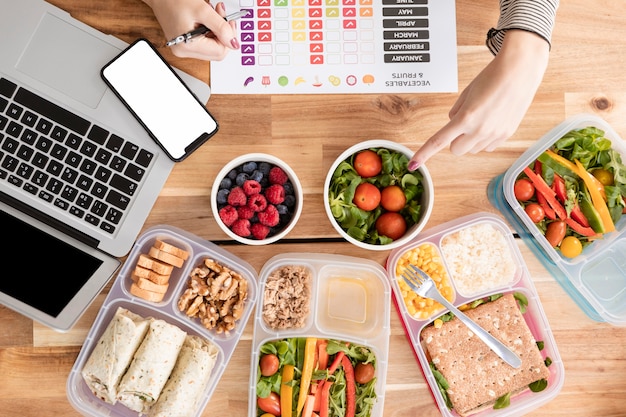
Wellness
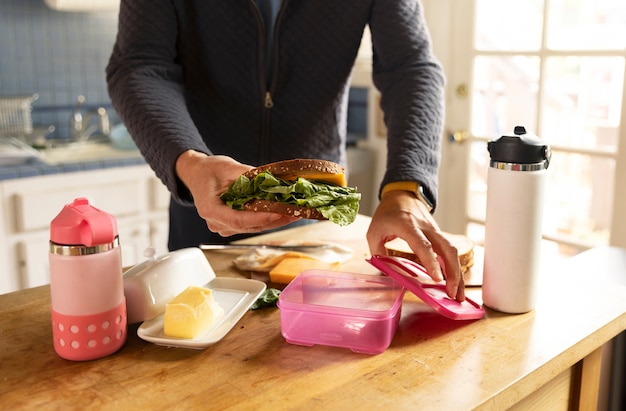
Fitness
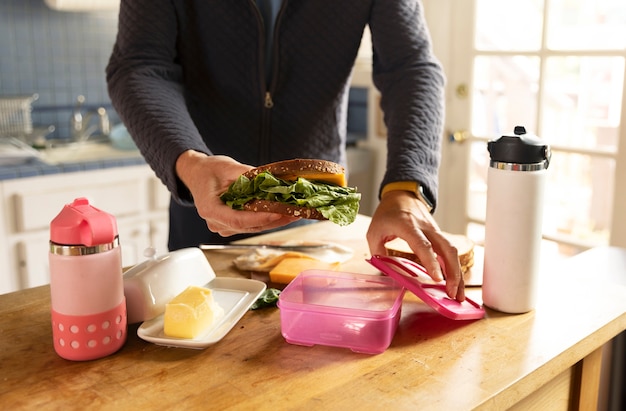
Wellness
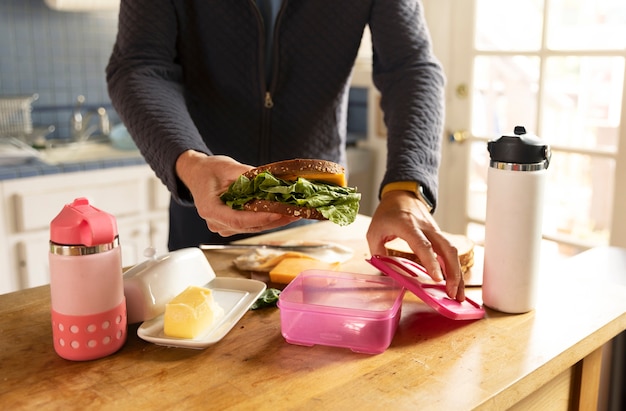
Wellness
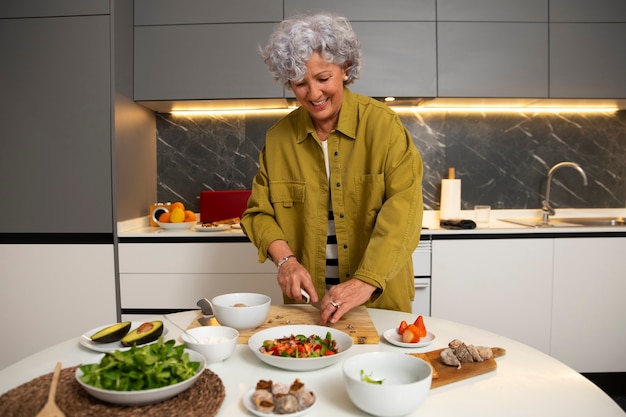
Health

Wellness

Health

Fitness

Health

Health